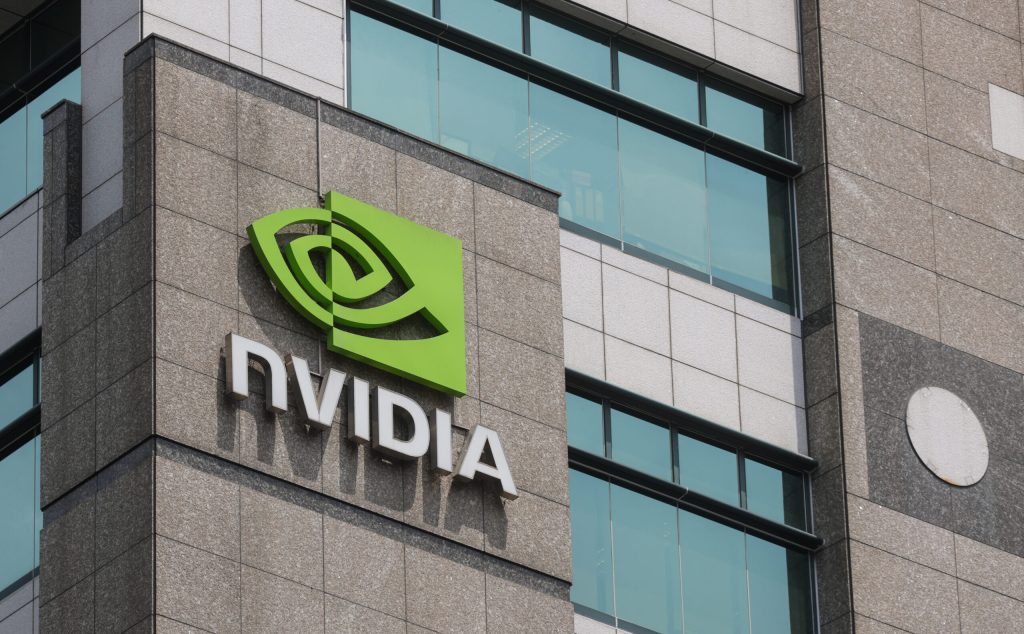
Forecast is a series exploring the future of AI and automation in a variety of different sectors—from the arts to city building to finance—to find out what the latest developments might mean for humanity’s road ahead. We’ll hear from Nikolas Badminton, David Usher, Jennifer Keesmaat, Heather Knight, Madeline Ashby and Director X, among others. Created by Motherboard in partnership with Audi.
Artificial intelligence is constantly learning new tasks at a seemingly exponential rate. Robots will take more of our jobs in the decades to come—and some predict they’ll even excel at jobs we may have viewed as safe, including in the arts.
Videos by VICE
But Canadian artist David Usher isn’t worried. In fact, he’s helping to develop an AI machine that could some day take his job.
Usher, the singer/songwriter and tech enthusiast, has launched a creative studio he founded in Montreal called Art+Icons that is utilizing artificial intelligence to help with the creative process. The AI behind it is still being built, but along with Hugo Larochelle and Pablo Castro of Google Brain, Usher is trying to find a way to combine live musicians and AI to complete his upcoming album.
He’s also collaborating with Google Brain on a program called Lyric AI Assistant to help musicians with the songwriting process by injecting new ideas into the fray. In an interview, Usher told me he can get weary of his own word choice when writing songs. The goal is to have AI help develop something new—to act as a source of inspiration. It’s set to be unveiled in a paper that will be presented at the Neural Information Processing Systems machine learning and computational neuroscience conference in Long Beach, California in December.
“Usually when you’re writing music you write alone for a bit, but then you write with other people, and we’re looking at the AI as being the sixth person in the room,” he said.
Programmers at DeepMind, Google’s AI division, have turned their talents to developing a program dubbed AlphaGo, which has mastered the Chinese game Go. Developed nearly 3,000 years ago, Go involves placing white or black stones on a game surface to capture your opponent’s pieces and to seize territory, and has a certain artistry to it. Even so, shifting AI from analyzing and learning mathematical equations to the arts—a world full of improvisation, of sudden inspiration, of human emotion—could be a challenge.
Currently, AI is quite good at mastering very specific tasks with a clear set of guidelines. The latest iteration of this program, AlphaGo Zero, is a good example. It mastered the game in a matter of days with no human intervention other than inputting the rules.
Past versions of AlphaGo learned to play by having the data from thousands of games played by humans, ranging from professionals to amateurs, inputted into the system. In 2015, AlphaGo beat South Korean grandmaster Lee Sedol four games to one.
AlphaGo Zero, however, learned by playing against itself—more than one million times—and within three days went on to defeat the 2015 version of the program 100 games to 0. Within 40 days, it had become what some believe to be the best Go player in the world.
The game itself has an artistic quality to it, involving strategy and intellect. It’s been described as a game of intuition and feel, full of “beauty, subtlety and intellectual depth“—words often used to describe human artistic projects. But as Geoff Goodhill, a professor of neuroscience and mathematics at the University of Queensland, wrote about AlphaGo Zero, “Go is a tightly constrained game of perfect information, without the messiness of most real-world problems.”
Researchers at DeepMind foresee a future where the same algorithm is used in the scientific or medical applications. The idea is that by applying this learning algorithm to other fields of research with defined rules—chemistry, for example—the AI could potentially solve some of our biggest technological or scientific hurdles without any input from humans.
Science writer Anjana Ahuja views the rise of intelligent machines more pragmatically, writing in the Financial Times, “only fools contemplate the more distant future without anxiety—when machines may out-think us in ways we do not have the capacity to imagine.”
Usher predicts that AI will soon be up to the task of more creative work, although he acknowledged it isn’t quite there yet. “It’s often not the words themselves but how they sound together, or in relation to each other in the context of the whole song,” Usher said.
In fact, AI programs capable of producing music have already been developed. Sony CSL Research Laboratory is working on an entire album of songs written by AI that analyzes a database of existing songs then creates unique compositions in a particular music style, and researchers at Rutgers University, Facebook, and College of Charleston say their AI program is learning new art forms that deviate from established painting methods, in turn creating all new works of art indistinguishable from those created by human artists.
These new advances are challenging our understanding of artistic creativity and its place within humanity.
“You hope in your heart that there is something that makes us unique and makes us different that can never be replicated, but I don’t know how much I believe that anymore,” said Usher.




